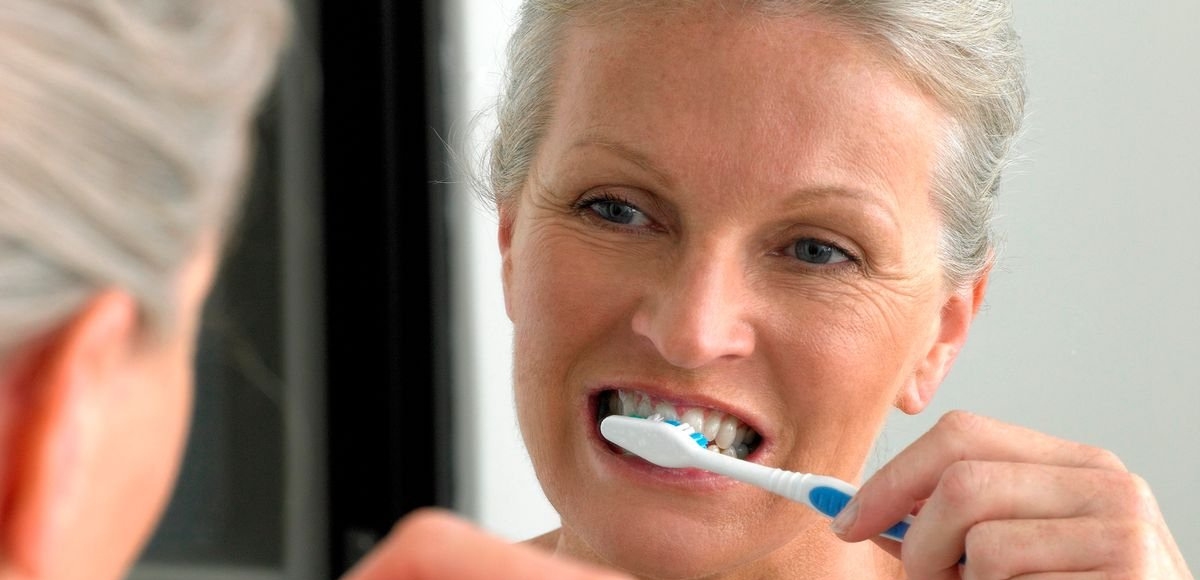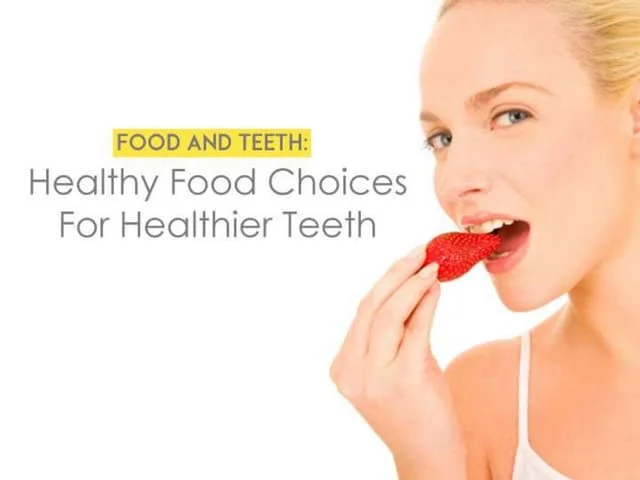Brentwood: (615) 235-1966

Should You Brush Your Teeth Before or After Breakfast?
Brentwood, TN

The age-old debate continues: Should you brush your teeth before or after breakfast? It’s a morning ritual that affects your oral health, and opinions are diverse. In this comprehensive guide, we’ll delve into the pros and cons of both approaches and provide expert advice from dentists in Brentwood. You’ll clearly understand when and how to brush your teeth for optimal oral health.
Before Breakfast: The Pros and Cons:
Pros
- Fresh Breath: Brushing your teeth before breakfast can help eliminate morning breath, leaving you with fresher breath to start your day. Additionally, it can provide a clean feeling in your mouth, removing the overnight buildup of bacteria and plaque.
- Prevents Acid Damage: Brushing beforehand removes plaque and bacteria that can cause acid buildup in your mouth, reducing the risk of enamel erosion. This is particularly beneficial if you consume acidic foods and beverages for breakfast.
- Clean Start: It gives you a clean slate, making the flavors of your breakfast more enjoyable. When your mouth feels fresh, your breakfast will likely taste better, enhancing your morning experience.
Cons
- Toothpaste Interference: One consideration when brushing before breakfast is that toothpaste contains fluoride, which needs time to work its protective magic. Brushing before eating may wash away the fluoride before it can fortify your enamel, potentially leaving your teeth less shielded.
- Increased Sensitivity: Brushing immediately after waking up can make your teeth more sensitive to acidic foods, like orange juice or coffee. This sensitivity may be uncomfortable and counterproductive if it hinders your breakfast enjoyment.
- Time and Convenience: Rushed mornings may not allow enough time for a thorough pre-breakfast brushing. Balancing the need for dental care with the demands of your morning routine can be challenging.
After Breakfast: The Pros and Cons:
Pros:
- Fluoride Retention: Brushing after breakfast allows the fluoride in toothpaste to stay on your teeth, offering extended protection against decay throughout the day. This is especially advantageous if you’re prone to snacking or consuming sugary or acidic foods later in the day.
- Reduced Sensitivity: It lessens the risk of tooth sensitivity when consuming acidic or sugary foods. By preserving the fluoride on your teeth, you create a shield against the potential harm caused by these foods.
- Time Management: It can be more convenient for those with hectic mornings, as you can enjoy your breakfast first. This can help you start your day positively without feeling rushed to brush immediately.
Cons:
- Morning Breath: One of the downsides of brushing after breakfast is that you may have to contend with morning breath until you brush your teeth. However, using mouthwash can help alleviate this issue and provide temporary freshness.
- Food Debris: If you eat a hearty breakfast with lots of sticky or sugary foods, brushing afterward may be less effective at removing food debris. In such cases, it’s essential to ensure you’re thorough in your brushing technique.
Expert Advice From Dentists In Brentwood
Dentists in Brentwood generally recommend brushing your teeth after breakfast for several reasons. The most compelling is the retention of fluoride, which strengthens tooth enamel and helps prevent cavities. It’s important, however, to wait at least 30 minutes after eating to avoid brushing while acids from your food are still softening your enamel. In the meantime, rinse your mouth with water or use an antibacterial mouthwash to help neutralize acids.
The age-old debate of whether to brush your teeth before or after breakfast ultimately leans towards brushing after your morning meal. This approach maximizes the benefits of fluoride, reduces tooth sensitivity, and aligns with dentists’ recommendations in Brentwood. However, the most crucial factor is consistency – brushing at the same time every day and maintaining regular dental check-ups are key to maintaining a healthy smile.
Remember, oral hygiene isn’t just about when you brush but how effectively you do it. Use fluoride toothpaste and a soft-bristle toothbrush; don’t forget to floss daily. Your smile will thank you for the care and attention you provide, no matter when you choose to brush. Taking a few extra moments for your oral health can lead to a lifetime of smiles.




